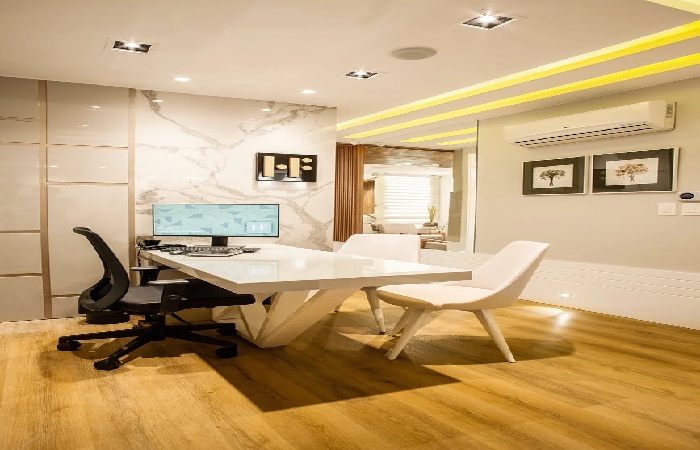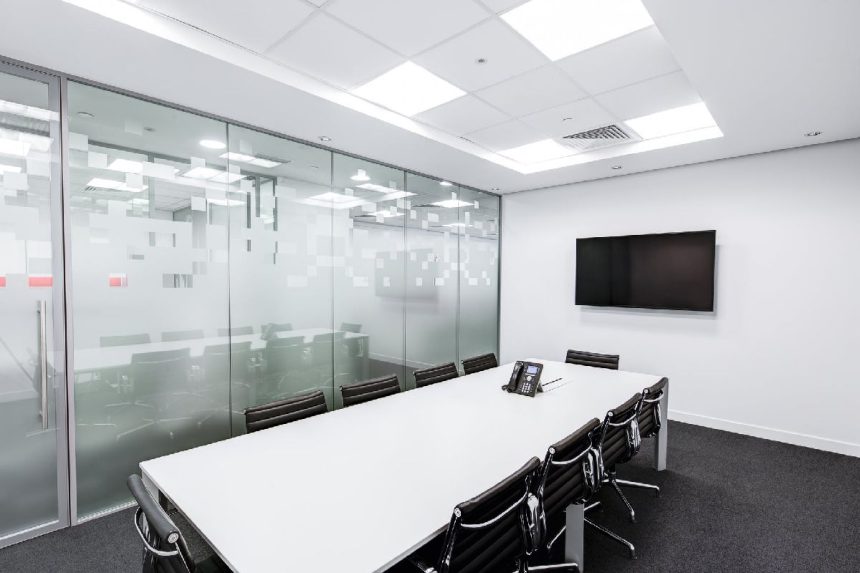Startup First Office Definition
Startup First Office uses project management software by an entrepreneur to seek, develop, and validate a scalable economic model.
While entrepreneurship refers to all new businesses, including self-employment and businesses that never intend to become registered, startups refer to new companies that want to grow significantly beyond the solo founder.
In the beginning, startups faced high uncertainty and had high failure rates, but a minority of them became successful and influential. Some startups become unicorns.
How To Set Up your Startup First Office?
Firstly, you did the hard work and got the investors to believe in your idea – congratulations! Now you have the opportunity and funds to build a physical office.
Secondly, according to the public relations, government, and management paper, 50% of people looking for a new job said they would like to work in a company with a pleasant work environment.
So, where will you start your journey towards creating a productive collaboration space for your employees?
The first step is to measure the temperature of all of your current employees’ temperatures because an office setup doesn’t have to reflect one person’s ideas.
Some may favor a more open floor plan, while others like to have their own space separate from others for better concentration.
But there are many other aspects to keep in mind.
Let’s discuss the best way to open your startup’s first office.

Startup First Office Article Image
1. Furniture With Flexible Options
2. Beverages And Snacks
3. Secondly, Consider What Supplies You’Ll Need
4. Collaborative Spaces And Quiet Spaces
5. Also, Think About Attracting New Hires
6. Make Sure Your Employees Have An Outflow
7. Finally, Choose A Flexible Office Environment
List of Office Types for Startups
There are various types of offices for businesses. When you leap to become a businessman, you need to decide which kind of office is suitable for your business and delivers value- for money. Setting- up an office is an essential investment for your business.
There are five main types of Offices mainly:
Home Offices.
Also, Virtual Offices.
Coworking Spaces.
Rental Office.
And also, Leased Offices.
About The Best Vpn
A Virtual Secluded Network, or diebestenvpn, is an encoded joining over the Internet between a device and a network. The encrypted connection helps safeguard that sensitive data is transmitted securely. It prevents unauthorized people from eavesdropping on traffic and allows the user to perform work remotely.
Advantages and Disadvantages of Startup First Office
Advantages
- Agility
Startups are smaller and less organized. They are also advanced and keep improving their business models, processes, and collection. These allow them to adapt to disorderly technologies and changes in market conditions. Established competitors face vested interests, a historical path, and a strong team culture, making them resistant to change.
- Efficiency (Lean and Mean)
Established companies have high administrative overheads. Startups offer their services more efficiently, cost-effectively, and competitively. Also, they are likely to be alert of their limitations and focus on their core strengths. It causes them to partner with other small organizations. Customers often benefit from a superior value proposal.
- Team Culture
Attracted by prestige and high salaries, employees of large companies quickly lose sight of the vision, mission, and values of the company and the success of its clients. So, start-up employees form a municipal solid that segments craving, beliefs, and values. They must work collected for the good of the business, its customers, and the world.
- Personalization
Startups offer their products and services with a personal touch. It creates a unique personal experience for your clients. Startups also take the time to learn and understand their clients’ business requirements. It allows them to figure strong relationships with concrete proposals and adaptable solutions.
- Versatility
Startup employees can multitask, and a salesperson can act as an association manager. It adds stability to customer relationships and enables startups to respond to emergencies. Most startups are easier to learn and more tolerant of mistakes. These two factors increase the versatility of employees just starting.
- Flexibility
Your organization may have unique needs and requirements for products and services. They may not correspond to established and strictly applicable service providers. Startups are very flexible and expect to work when, where, and how it’s convenient for you.
- Fun
Last but not least, working with a startup can be so much more fun. A startup doesn’t have to be popular with everyone, and it can select clients that are interesting to work with. Spontaneous play activities after work are easier to organize in a startup. Your coworkers can become your best friends.
Disadvantages
- Risk
Most startups fail in their first year, so the risk of failure is high. Dealing with such high risk can cloud a startup’s strategic vision. Therefore, they do not take advantage of market opportunities and do not overestimate their sales forecasts. High risk also limits a startup’s ability to attract experienced and knowledgeable staff.
- Compensation
Starting a business takes plasma, sweat, and tears, and long work hours are the norm for startups. Rewards may not be enough because it takes time to generate income and profits, and some startups give up because it takes away the motivation to work without adequate pay.
- Market access
Many clients prefer the company they have worked with over the new company. Plus, it costs more to acquire new customers than to retain old ones. Without customers, understanding market needs also becomes a real challenge. These issues combine to increase the amount of business improvement designed for startups.
- Team Composition
Some startups are born out of distraction since the founder could not find or hold on to a job. Such founders often struggle to build a team that the business needs to succeed. A successful startup requires founders/co-directors with complementary personalities and capabilities. Even then, differences can creep in when the going gets tough.
- Resources
Growth hacking, cloud computing, and venture capitalism allow startups to gain market entry. Most startups operate on a shoestring budget against well-resourced competitors. It gives the contestants an edge in product growth, sales, and marketing. They use that edge to thrust startups out of the market when they become a danger.
- Processes
Startups are regular organizations that lack defined business processes and operational procedures. It exposes them to poor customer service, legal responsibility, and financial losses. Startups might thus opt to subcontract non-core business processes to exterior service providers. But the high related costs could form a wall.
- Stress
We declared that working for a startup is fun, but it could also become traumatic. Low return, many responsibilities, and long working hours more or less expect. Add legal action, imminent business failure, screaming customers, and work become unbearable.
Conclusion
The office environment is a physical extension of your company’s core beliefs, values, and culture. It’s a part of your work life to think seriously about, especially for a young startup trying to gain solid ground.
In addition to supporting your current workforce, a great work environment can help you attract recruits. Keep these tips in mind as you choose your office location, furniture, and the in-office perks you plan on including.


